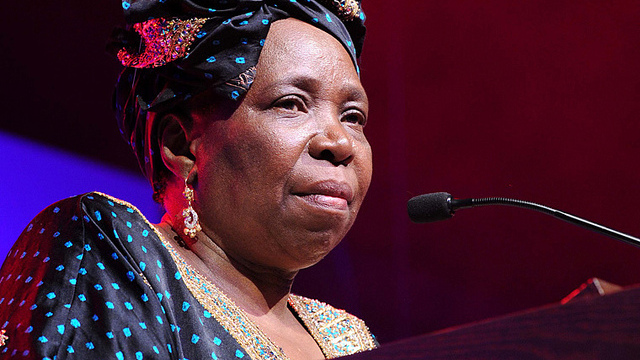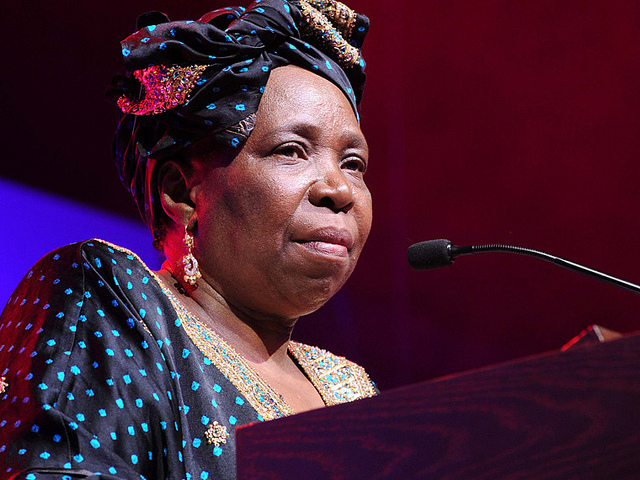
African politics is mostly viewed as a male-dominated arena, with many leaders having been been tyrannical dictators, and too few resembling grand statesmen such as Nelson Mandela. But in recent years women leaders have emerged and begun to transform the political map of Africa as a whole.
Today, Africa is leading the way in electoral reform, voting more women into government than the U.S and the U.K., according to Quota Project, Global Database. Its research shows that 42 percent of South Africa’s parliament is made up of women. Uganda’s parliament is comprised of 31 percent. Senegal’s 43 percent, and in Rwanda, the total percentage of women politicians is 56 percent. Compare this to U.S. and U.K., where female politicians comprise just 17 percent of Congress and 23 percent of Britain’s House of Commons.
Why are women succeeding in African politics?
The simple answer is that many of these governments have a mandatory electoral quota system that reserves a certain number of seats for women in political bodies and requires that all political parties have a certain number of women on their electoral ballot.
This policy of quotas applies to women, youth representation and minorities. It has been adopted by many African countries, including former war-ravaged Rwanda, and Zimbabwe, which continues to be led by the controversial Robert Mugabe. With the introduction of women into African politics, expectations of an end to the “old style” of African politics have emerged, based on the belief that adding women in government may help to resolve past conflicts and cultural differences that have plagued African politics for decades.
Rwanda is proving that women in politics works. Twenty years after the genocidal civil war that killed 800,000 in a three-month period, Rwanda is now the first and only nation that has elected the world’s first female-dominated legislature.
As of November 2011, 56.3 percent of the Rwandan parliament was comprised of women, according to the Inter-Parliamentary Union (IPU). And their effects on Rwanda politics and economics speak for themselves.
Women have taken a key role in restoring the nation’s economy, particularly its coffee-growing sector. In the wake of the devastating 1994 war, Rwandan women have aggressively moved to the forefront of rebuilding the nation. Since 2001, Rwanda has been growing rapidly. Recent reports from the World Bank stated the country’s economy doubled in size.
While many nations in the West are mired in recessionary conditions, Rwanda’s economy expanded by 8.8 percent in 2011 and is expected to climb another 7.5 percent this year, according to Central Bank Governor Claver Gatete.
Could the same quota policy work for the U.S. electoral system?
The 2012 U.S presidential election showed the power of women voters – making up 54 percent of the total electorate, and according to exit polls, 55 percent of those women voted for Barack Obama, coming out in support of equal pay for equal work, funding for preventative health care, and female reproductive rights.
Many analysts have argued that both male and female voters will judge women running for office on appearance rather than the issues, citing how the media views women as one of the factors going against female politicians. Another report puts the blame on women. It shows that female voters remain reluctant to vote for a woman. Data from the 2006 American National Election Study Pilot Test, revealed that when it came to selecting a candidate for president, gender matters more for women than it does for men. And while women are more likely to vote for a candidate because she is female, they are also more likely to dismiss her for that same reason.


